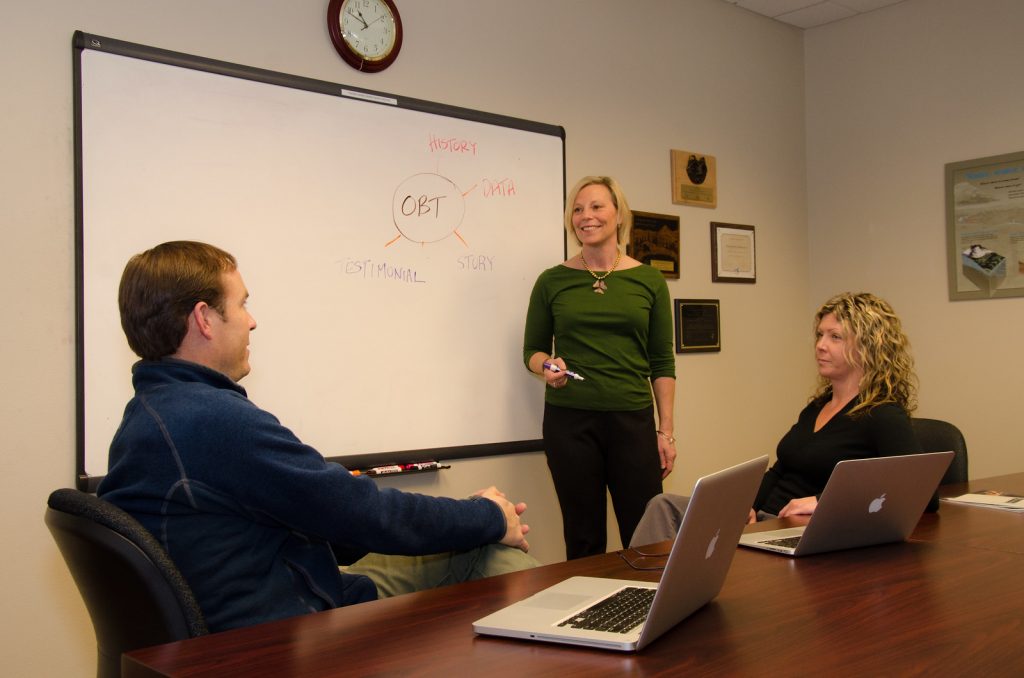Here are some of my favorite TED Talks
Click here to see the awesome TED speakers I have had the pleasure of coaching.
There are so many great TED Talks available for immediate viewing on TED.com. Here’s a short list of the ones that most challenged and entertained me:
Chimamanda Ngozi Adichie, “The danger of a single story.”
Notice how Chimamanda Ngozi Adichie gets to her One Big Thing (OBT) right out of the gate. “I’m a story teller…” she doesn’t make us wait to get to the point. She takes us right there and we sit forward. Though not typical of TED, she uses notes and a podium, which in no way detracts from her idea, nor her delivery. A great reminder that we have more leeway than we think when we are on stage. It’s very important to take care of your audience, and just as important to take care of yourself.Emilie Wapnick, “Why some of us don’t have one true calling”
Emile Wapnick’s TED Talk is a fine example of bringing an idea to life. Most of us know (or are) people who appear to lack a specific focus for our life’s work. Traditionally we may have placed more stock in those who are born with a true calling. Perhaps we should start thinking differently about those of us who don’t necessarily fit into a nice, neat box. We all know people like this, but have we fully appreciated all the potential that they bring to the table?Sir Ken Robinson, “Do schools kill creativity?”
At 73,000,000 views and counting, Sir Ken Robinson’s TED Talk set and has maintained the all-time record. But why? What is it about this regular guy telling stories that wows us so? Ken uses humor, story telling, data and endorsements to make a very strong case for cultivating creativity in children. If it’s not a topic you care particularly about, you will once you’ve watched this very entertaining and rich talk.David Blane, “How I held my breath for 17 minutes.”
David Blane’s authenticity, uncompromising work ethic and drive make this one of my favorite TED Talks. We are as captivated by what he is trying to accomplish as we are with the man himself. There’s no excess bluster or braggadocio, rather a determined athlete (yes athlete!) who is generous enough to give us an inside look at how he does what he does. Truly remarkable.Shawn Anchor, “The happy secret to better work”
Shawn Anchor’s point about the connection between unhappiness and moving goalposts comes streaming through with high energy, humor, data and stories. Shawn’s laser-like focus, fast paced delivery and solid proof points band together to make this among the sharpest talks, and the upshot is that the problem is infinitely solvable.Jonathan Haidt, “The moral roots of liberals and conservatives.”
Though there are slight shades of subtle pandering to his likely liberal leaning audience, Jonathan Haidt offers a fascinating look at the differences between those who self identify as liberal or conservative all over the world. This talk went a long way in helping me understand the motivations of those who think differently about politics than me. A great lesson for the bridge-builders among us!Joe Smith, “How to use a paper towel”
After watching Joe Smith’s four and a half minute talk, ask yourself if there was a better way of getting his point across. Power point? I don’t think so. And, ask yourself if you will change after what you just saw. Joe is on a mission, there’s no doubt about it. As a result, he let go of everything traditional about delivery and veered towards a very physical expression of the change he wants to see in the world. This talk is truly unforgettable.Celeste Headlee, “10 ways to have a better conversation”
In one of the more actionable TED Talks, Celeste Headlee gives us some really good advice about how to engage in meaningful conversations. Her energy, humor, life experience and organization make this talk as entertaining as it is useful. By enumerating her points she helps the audience remember and take action.Dan Pallotta, “The way we think about charity is dead wrong”
This is an important talk for anyone connected to a nonprofit. In it Dan Pallotta expresses a strong business case for shifting the scarcity based mindset of nonprofits for the simple goal of helping them live up to our expectations. Dan’s case is so strong on so many levels that we’d be foolish not to give serious consideration to this radical overhaul of the way we’ve been trained to think about charities.Do you have a favorite TED Talk? Please share it with us! joanne@jmathewsconsulting.com
